Read more about animals used for scientific research in our thematic booklet in Danish: Dyremodeller - mod en sundere fremtid.
Laboratory Animal Science and Welfare
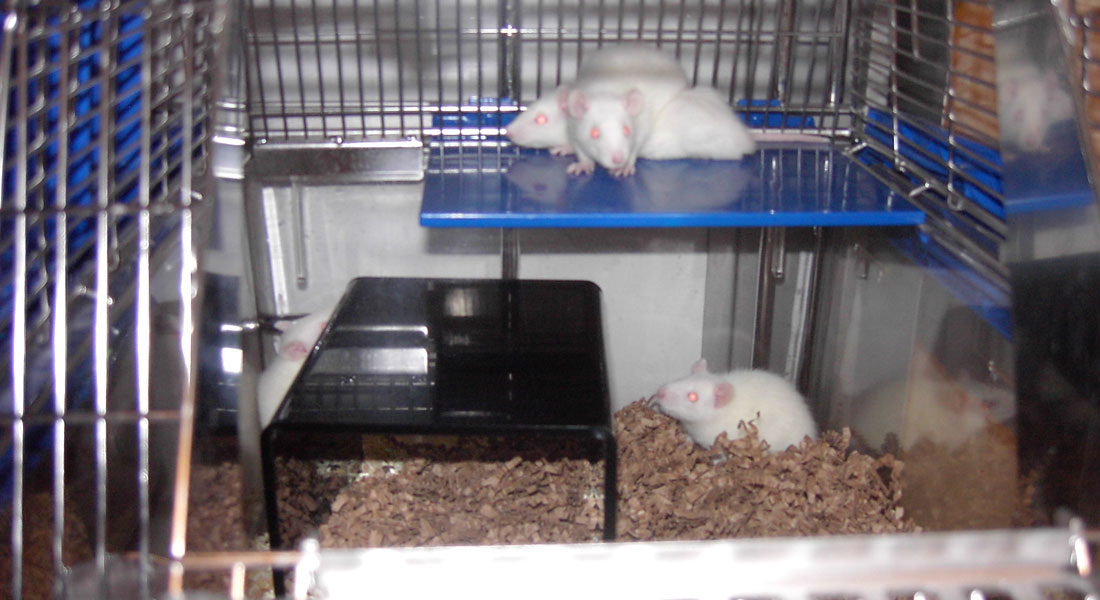
Through animal models we aim for a better understanding of inflammatory-metabolic human diseases (such as diabetes, atherosclerosis, and obesity) and psychiatric diseases (such as anxiety, depression, and schizophrenia).
We work with refinement of animal models with main focus on the impact of environmental factors, such as diet, gut microbiota and housing on model expression.
Our vision is to improve animal welfare as well as to reduce variation and increase precision in animal studies.
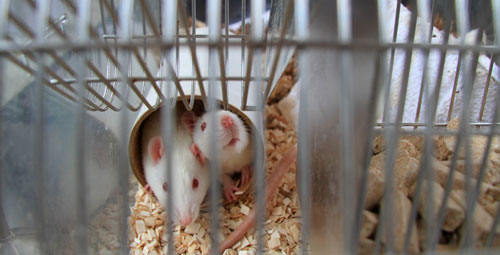 Together with industrial partners, a variety of enrichment items and cage modifications for esp. laboratory rodents (incl. rats, mice and fat sand rats) have been tested through the last decade and projects are still running.
Together with industrial partners, a variety of enrichment items and cage modifications for esp. laboratory rodents (incl. rats, mice and fat sand rats) have been tested through the last decade and projects are still running.
These projects have been/are primarily master student project. The effect of these items on the animals has been evaluated using behavioural tests indicating level of anxiety (such as elevated plus maze EPM and light/dark box LD), locomotor activity and level of exploratory behaviour (such as open field OF), home cage behavioural observation and physiological measures such as corticosterone measures (in plasma or faeces), testosterone and metabolic parameters relating to e.g. glucose metabolism.
Moreover, also behavioural analysis of the use of the specific item provided is included in such testing, and recently we have included changes in the gut microbiota as a stress parameter.

During on-going projects within this field, we aim to develop new ways of assessing cognition and emotional states in animal models, providing a sensitive tool in both drug development and animal welfare science.
Moreover, we aim for – by using natural behaviours as our focus point – establishing sensitive measures for animal welfare, that can be used to screen welfare quantitatively on a weekly or daily basis without handling or disturbing the animals.
In these projects, which are mainly PhD projects, the link between diet, such as carbohydrates, proteins and fibres as well as drugs and the gut microbiota in models of metabolic, inflammatory, and psychiatric diseases in pigs, rats and mice is investigated by studying how model expression and parameter variation are under impact of external factors through the gut microbiota, and elucidating the mechanistic aspects behind this.
In these projects, which are both master projects and PhD projects, various forms of blood sampling techniques are tested with regard to animal welfare optimisation.
Also new ways of continuous blood sampling techniques in group-housed rats are being developed and tested for positive effects on animal welfare.
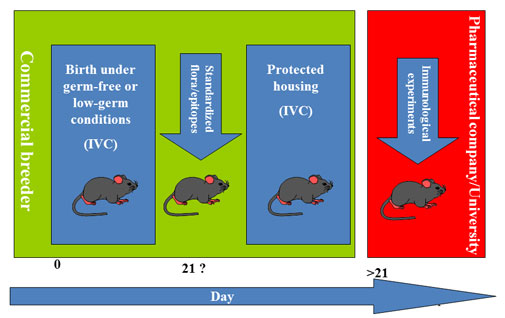
In these projects, which is linked to group 3 projects, it is attempted to develop mice with a gut microbiota, eventually from human patients, tailor-made for modelling specific diseases, such as type1 and type 2 diabetes, obesity, inflammatory bowel disease and others by optimizing time of inoculation, transferring the microbiota from mother to offspring and humanizing the immune system by stem cell transplantation.
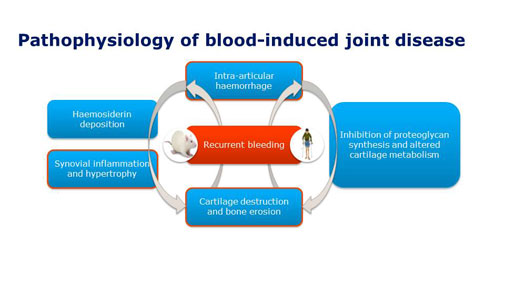
These projects are mainly PhD projects, where we at present characterize: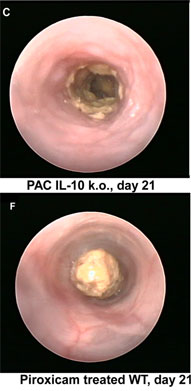
a rat made deficient of the coagulation factor VII as a model of long-term complications of haemophilia,
a rat model made deficient of the transport protein APOE, as a model of atherosclerosis,
a mouse made deficient of the cytokine TL1A as a model of reducing type 2 diabetes and obesity,
and a mouse made deficient of the cytokine IL-10 as a model of inflammatory bowel disease.
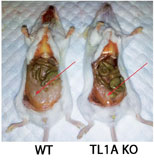

CALAR
What is CALAR?
CALAR is a research unit with researchers from public institutions and private enterprises with focus on improving the welfare of experimental animals as well as the scientists working in a modern experimental facility.
CALAR's mission
is to optimise animal as well as human welfare through research par excellence. It is our vision that working with experimental animals models and being an experimental animal in a modern experimental animal unit will be perceived positively.
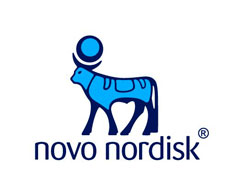 |
 |
More information on the group is available in Danish
LabVet Europe is the online programme to fulfill the European requirements to Designated Veterinarians as stated in the European Union Directive 2010/63/EU.
The LabVet Europe programme qualifies you to work as Designated Laboratory Animal Veterinarian in accordance with the 2010 EU directive on the protection of animals used for scientific purposes and the subsequent guidance paper.
The LabVet Europe programme is an online programme designed to give Laboratory Animal Veterinarians knowledge and skills needed in your daily work as a Designated Veterinarian.
Researchers
| Name | Title | Phone | |
|---|---|---|---|
| Search in Name | Search in Title | Search in Phone | |
| Axel Kornerup Hansen | Professor | +4535332726 | |
| Camilla Hartmann Friis Hansen | Associate Professor | +4535333756 | |
| Daniel Kylmann Hansen | Animal Keeper | ||
| Dorte Bratbo Sørensen | Associate Professor | +4535332724 | |
| Helene Farlov | Animal Keeper | +4535333115 | |
| Helene Dragelund Garcia | PhD Fellow | +4535320893 | |
| Jann Hau | Professor | ||
| Klas Abelson | Professor | +4535335575 | |
| Mette Nelander | Animal Keeper | +4535333770 | |
| Morten Malmberg | PhD Fellow | ||
| Nicole Gutman | Veterinarian | +4535329750 | |
| Otto Kalliokoski | Associate Professor | +4535327012 | |
| Sara Hestehave | Assistant Professor | +4535331106 | |
| Trine Marie Ahlman Glahder | Laboratory Technician | +4535335576 |
Contact
Group leader:
Professor Klas Abelson
Ridebanevej 9
1870 Frederiksberg C
Ph: +45 35 33 55 75
Secretariat:
Helle Vinberg
